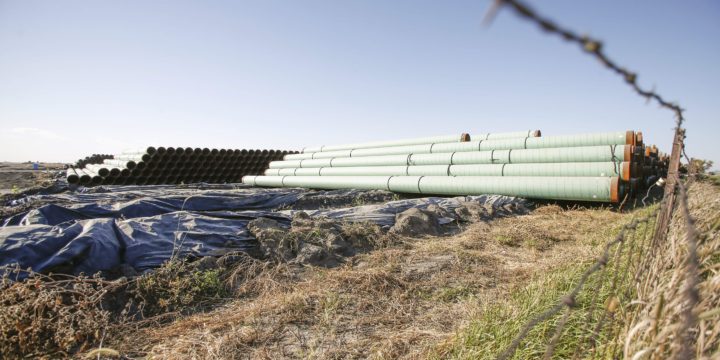
Iowans owe debt to tribes fighting oil pipeline
When this election is complete, I hope to travel and stand alongside the Standing Rock Sioux. It’s the least I can do for the 300 tribes who are inadvertently fighting for the protection of Iowa farmland while demanding their sovereignty be respected. The massive demonstrations near Lake Oahe in North Dakota began in the spring with a few members of the Standing Rock Sioux establishing a prayer encampment. It’s now blossomed into an international discussion that encompasses climate change, the future of renewable fuels and, of course, tribal rights. [caption id="attachment_87" align="alignright" width="640"] Dakota Access Pipeline protesters square off against police near the Standing Rock Reservation and the pipeline route outside the little town of Saint Anthony, North Dakota, U.S., October 5, 2016. (Terray Sylvester/Reuters)[/caption] It centers on the Dakota…


